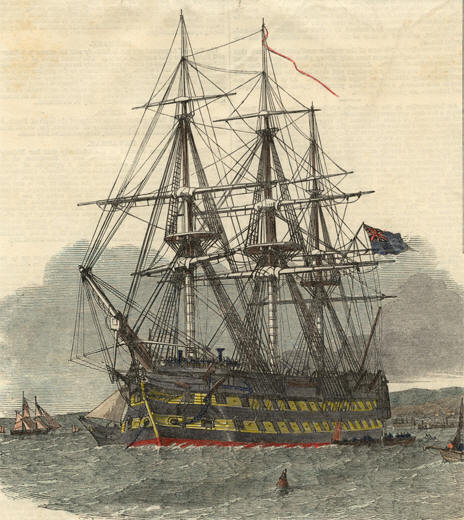» Show All «Prev «1 ... 630 631 632 633 634 635 636 637 638 ... 1255» Next» » Slide Show
John Wise
WISE, John, clergyman, born in Roxbury, Massachusetts, in August, 1652; died in Ipswich, Massachusetts, 8 April, 1725. He was the son of Joseph Wise, who, in his younger days, had been a serving-man. John attended Roxbury free school, was graduated at Harvard in 1673, and, after studying theology, was ordained pastor of Chebacco, a new parish of Ipswich, on 12 August, 1683, where he remained till his death. In 1688, for leading the citizens of Ipswich in their remonstrance against arbitrary taxation by Sir Edmund Andros, he was imprisoned, titled £50 and costs, and deprived of his ministerial office, but after the revolution of the following year he brought action against Chief-Justice Dudley for refusing him the benefit of the habeas corpus act, and is said to have recovered damages. The town had paid his fine and costs and sent him, as its representative, to Boston, where he took an active part in reorganizing the government. In 1690 he was a chaplain in the unfortunate expedition to Canada. When it was proposed, under the leadership of the Mathers to establish associations of ministers in Massachusetts that should exercise authority that had belonged to the individual churches, Wise opposed the plan as being the first step toward a hierarchy, and published against it a pamphlet entitled "The Churches' Quarrel Espoused" (Boston, 1710; 2d ed., with the "Cambridge Platform," 1715). In this he attacked the scheme with keen satire, utterly defeating it. Dr. Henry M. Dexter, in his "Congregationalism as Seen in its Literature," says the essay is unsurpassed " for density, for clearness, for largeness of vision, for conclusiveness, and for general ability and beauty of style." Later Mr. Wise amplified his views in his "Vindication of the Government of New England Churches," which was bound together with another edition of the former pamphlet (1717). This is a remarkable exposition of the general principles of civil government, and became, says a biographer, "the text-book of liberty for our Revolutionary fathers, containing some of the notable expressions that are used in the Declaration of Independence." The two essays were reprinted in a volume by the Congregational board of publication, with an historical introductory notice by the Reverend Joseph S. Clark, D.D. (1860). See, also, funeral sermon, by John White (1725). Edited Appletons Encyclopedia, Copyright © 2001 VirtualologyTM
» Show All «Prev «1 ... 630 631 632 633 634 635 636 637 638 ... 1255» Next» » Slide Show


